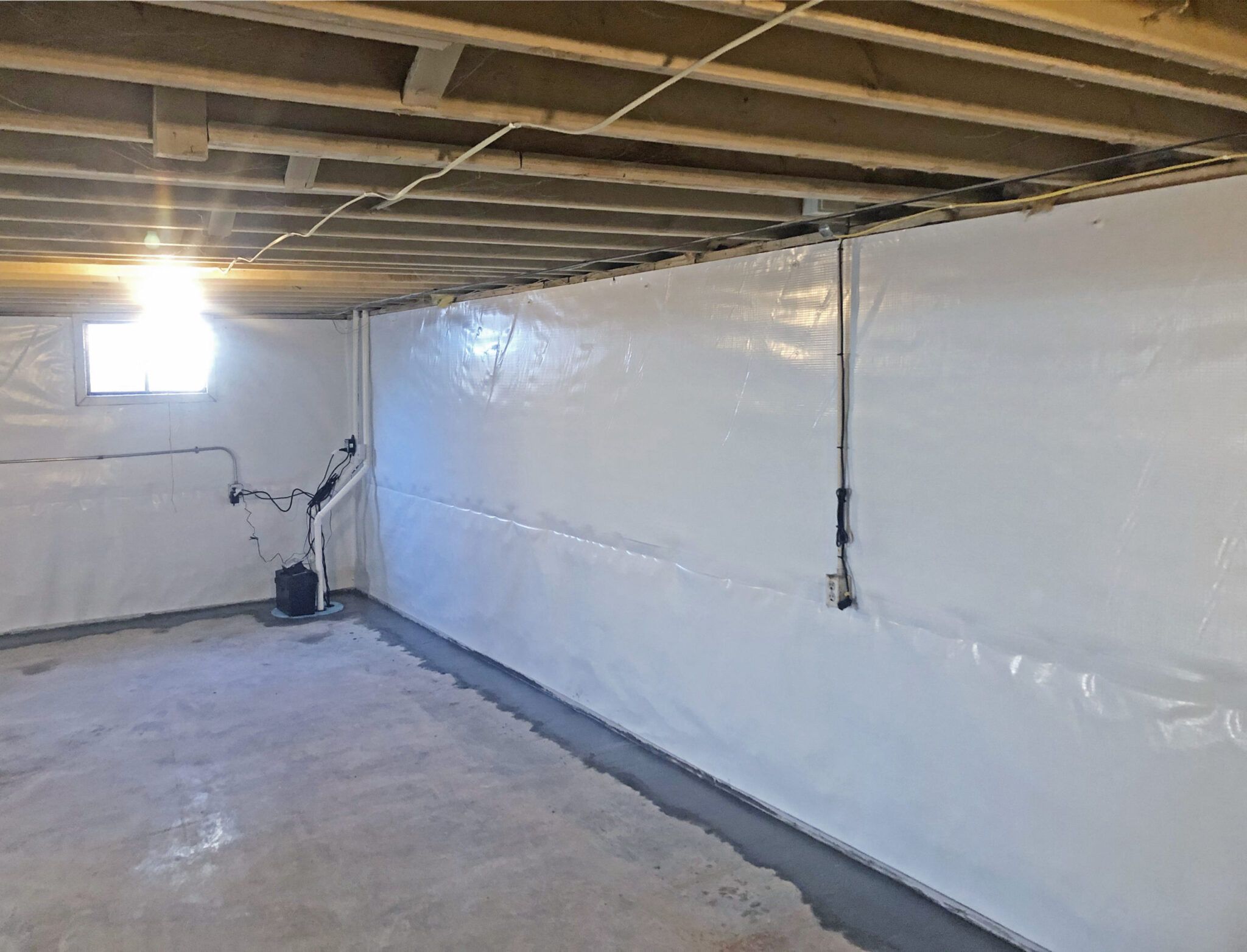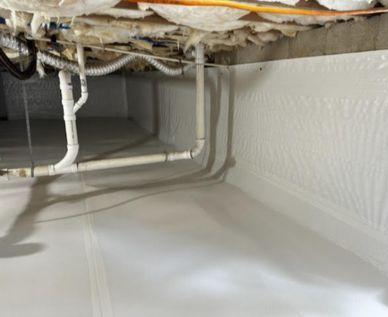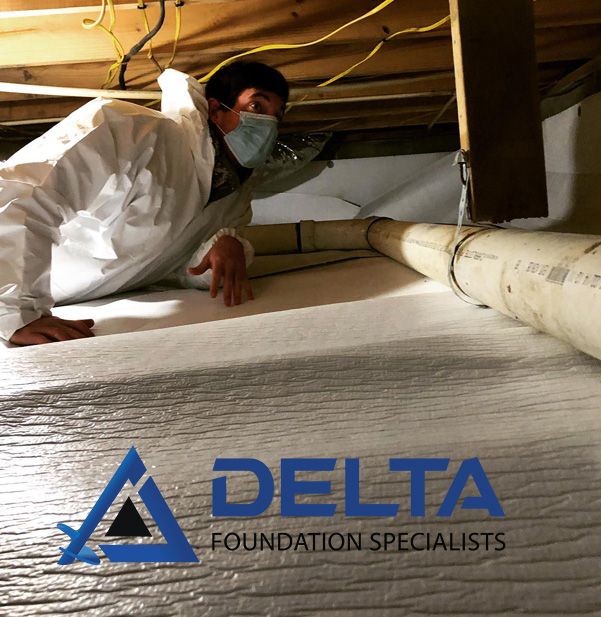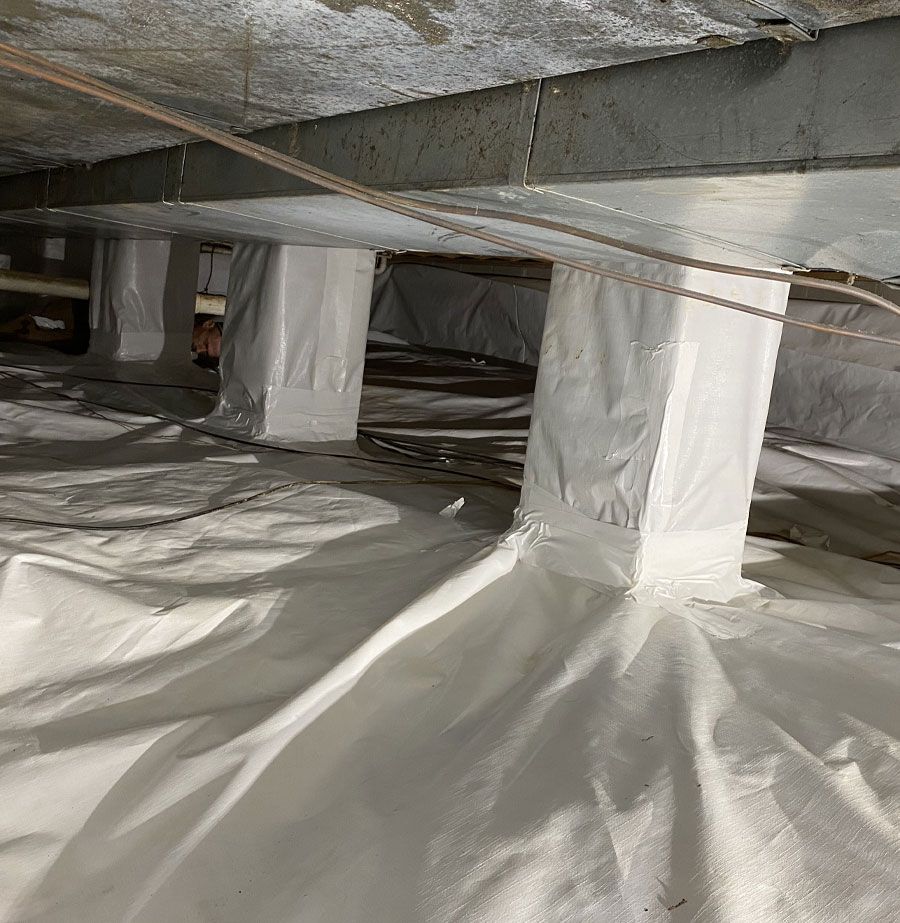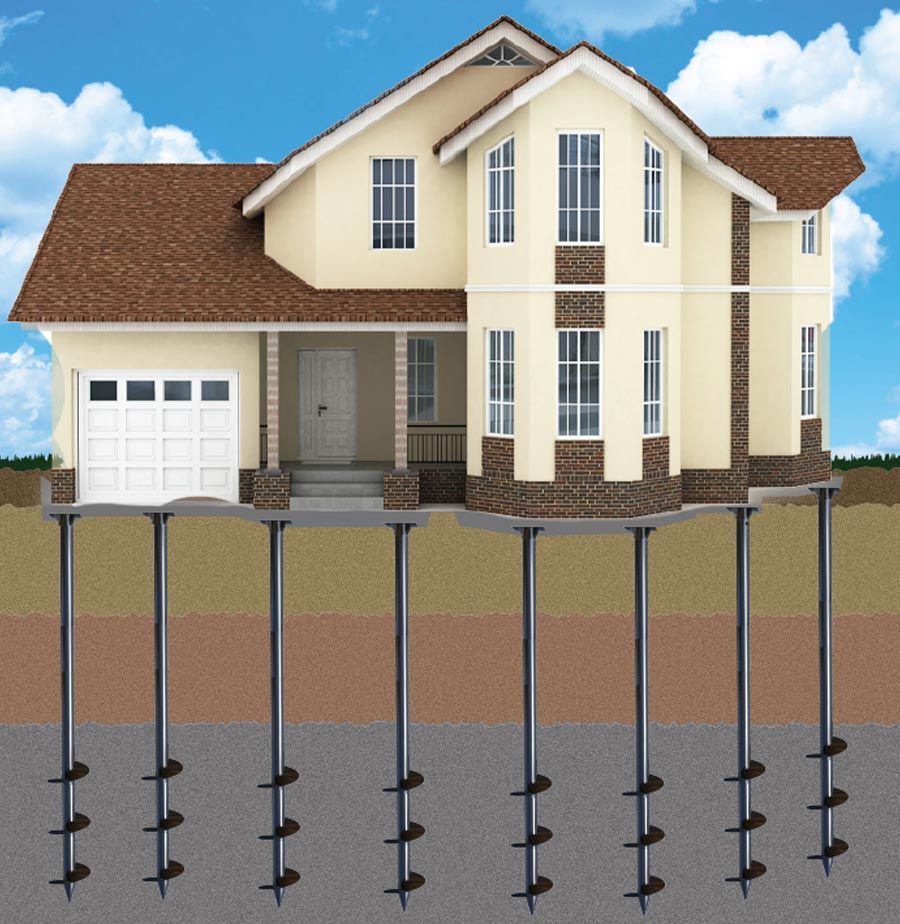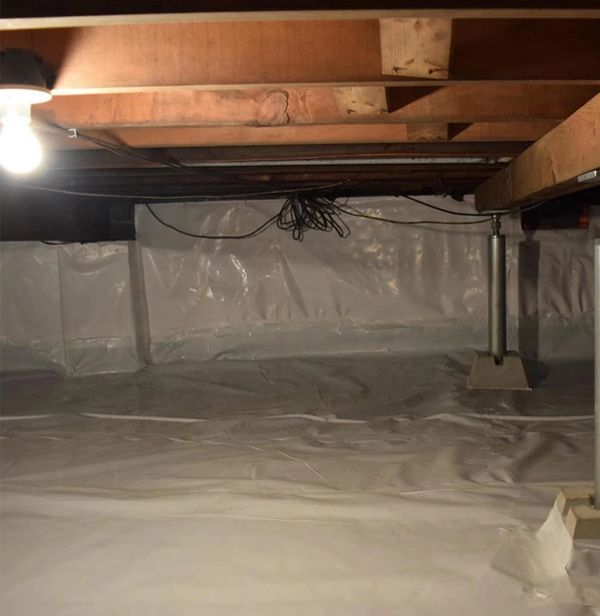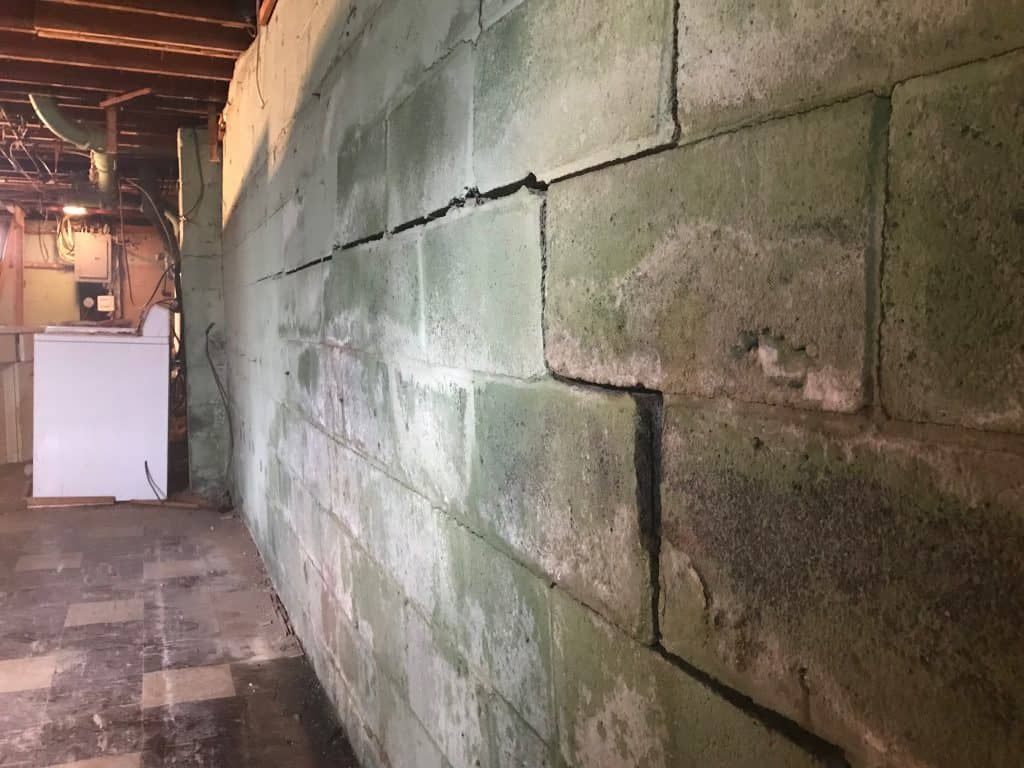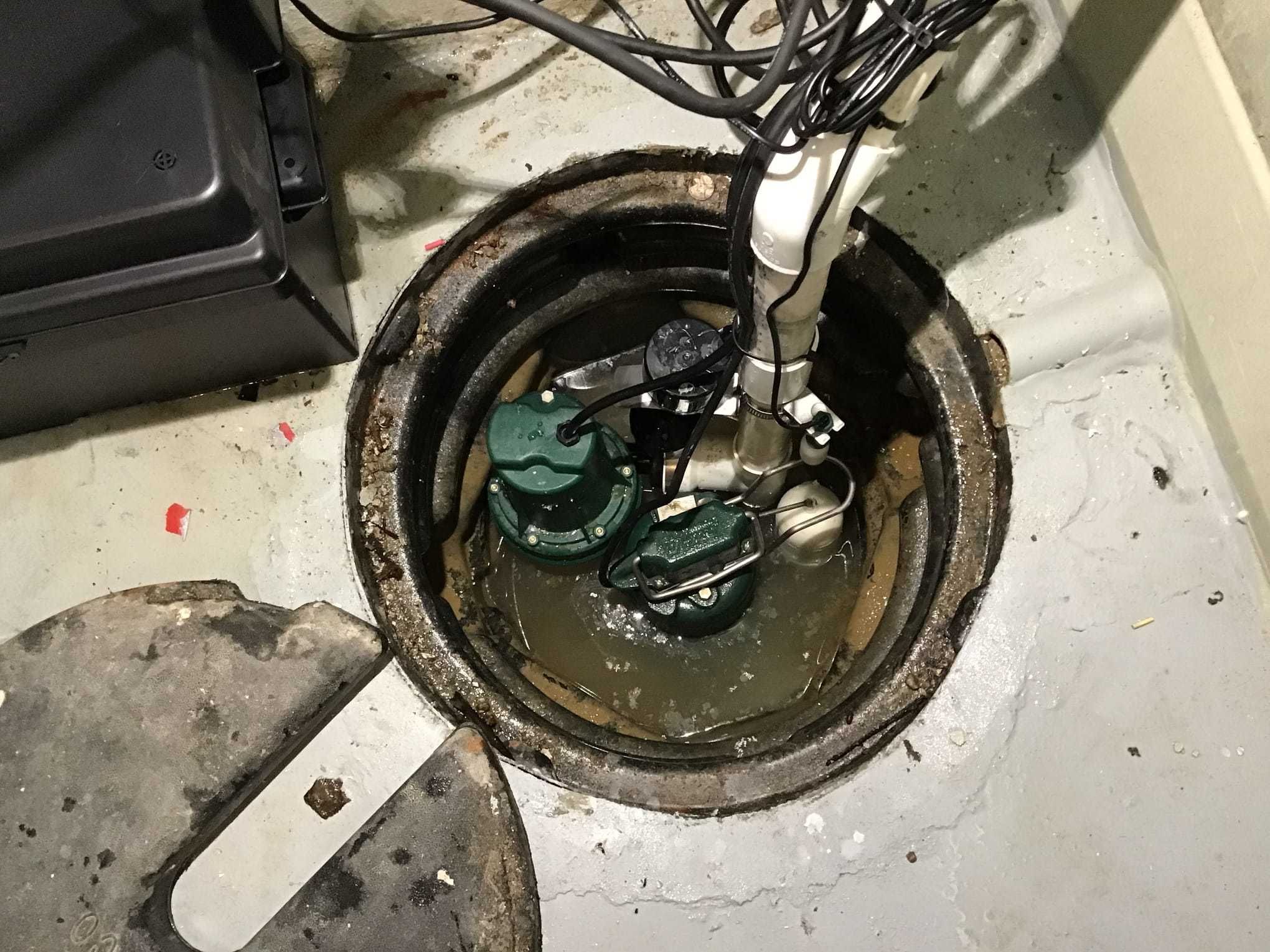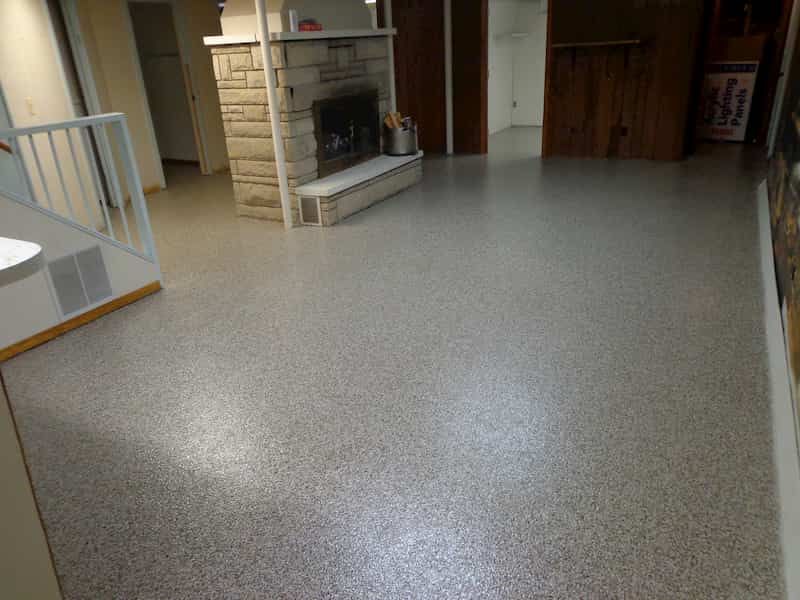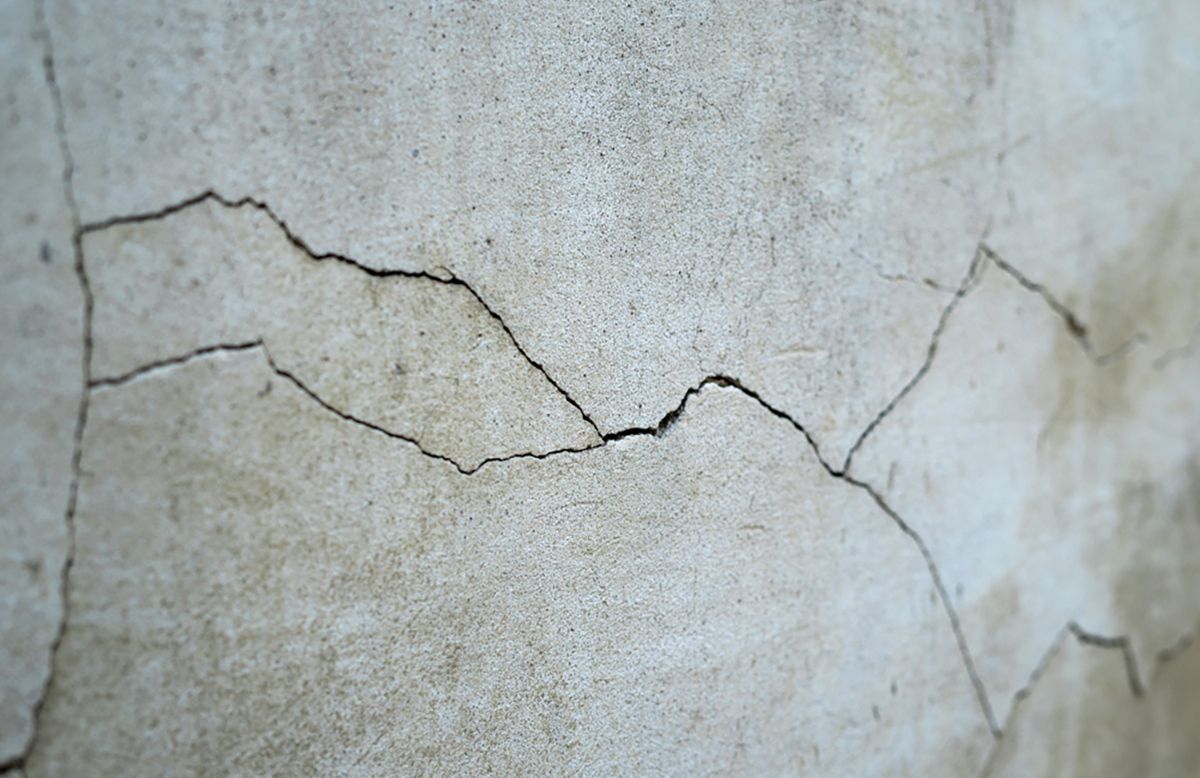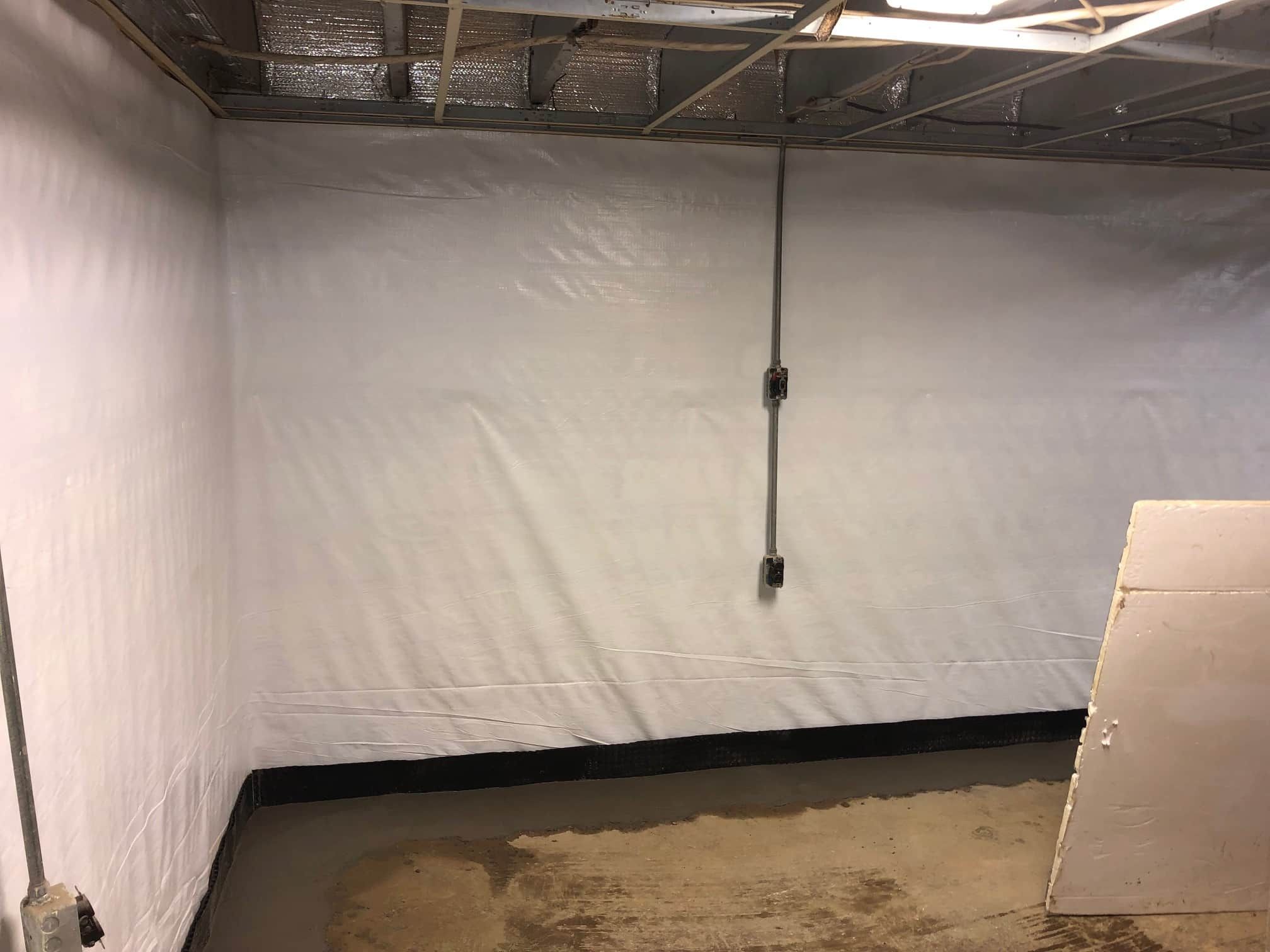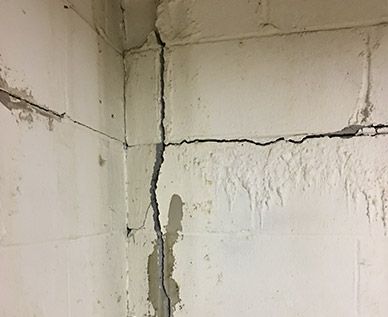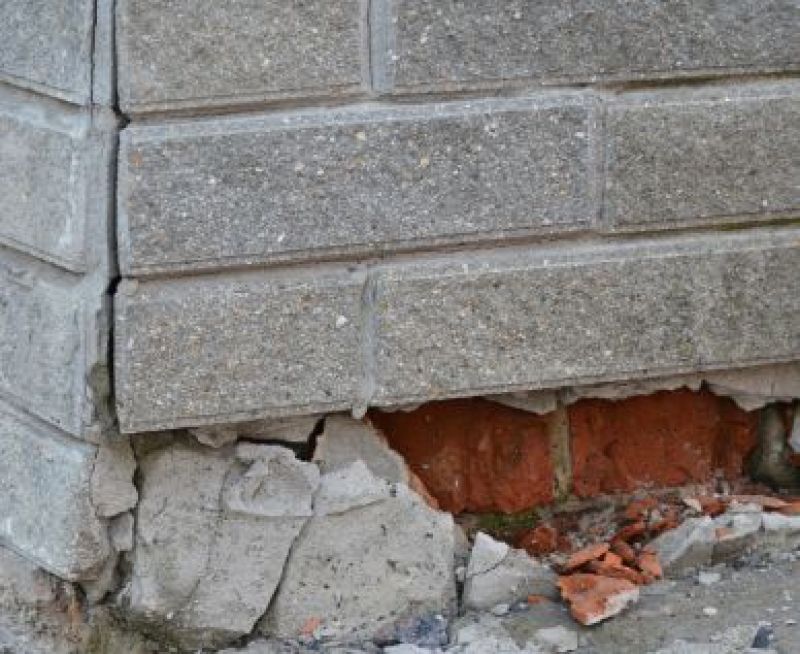
How to Identify and Fix Common Foundation Problems
Understanding how to identify and address common foundation issues is crucial for maintaining the integrity and safety of your home. The foundation of a home is much like its backbone; it supports everything built upon it, ensuring stability and longevity. However, just like any critical component of a structure, it’s prone to problems over time.
In this blog, we will dive into the world of foundations – exploring various types, common problems they face, practical solutions to these issues, and why it’s important to always work with an experienced and certified company. Whether you’re noticing small cracks in your walls, experiencing difficulty with doors and windows, or just want to be proactive in your home maintenance, this guide will provide valuable insights. With this knowledge in hand, you’ll be better equipped to protect your home from the ground up, ensuring it remains safe, sound, and structurally solid for years to come.
Understanding The Foundation Of Your Home
Before diving into the specifics of foundation problems, it’s important to understand the different types of foundations your home might have. The type of foundation not only affects the overall structure of your home but also determines the kinds of issues it may face over time. Common types of Foundation include:
- Slab Foundations: These are made of a single layer of concrete poured directly on the ground. They are common in regions with warm climates where the ground doesn’t freeze and cause the foundation to crack.
- Crawl Space Foundations: These elevate the house off the ground, typically by a few feet. They are designed to promote air circulation through the home and provide easy access to plumbing and electrical systems.
- Basement Foundations: Basements are essentially hollow spaces beneath houses, often used as living or storage spaces. They are more prevalent in colder climates where the foundation needs to be below the frost line to prevent damage.
And each type of foundation has its own unique vulnerabilities. Slab Foundations may crack due to soil expansion and contraction. They are also susceptible to damage from tree roots and excessive moisture. Crawl Space Foundations can experience issues with moisture, leading to mold, mildew, and wood rot. They are also prone to pest infestations if not properly sealed. Basement Foundations face risks from water infiltration, which can cause flooding, mold growth, and structural damage. The deeper excavation also makes them susceptible to shifts in the surrounding soil.
Identifying Common Foundation Problems
Recognizing the signs of foundation issues is critical in preventing minor problems from becoming major ones. Various indicators can point to potential foundation damage, regardless of the type of foundation your home has. One common sign is cracks in walls and floors. Small, hairline cracks might result from normal settling, but larger cracks that widen at one end could indicate more serious differential settling and may necessitate professional evaluation. Horizontal cracks, particularly in basement walls, are often more concerning as they can be caused by hydrostatic pressure from the soil outside the foundation.
Another telltale sign is uneven or sagging floors, which can suggest issues with the foundation or support beams, especially in homes with crawl spaces or basement foundations. Similarly, doors and windows that begin to stick or fail to close properly could indicate that the foundation has shifted. Visible gaps between walls, ceilings, or floors also signal that parts of the house are moving apart due to foundation shifting. While not all cracks or signs are immediate causes for concern, monitoring their progression and understanding their causes are crucial in determining the right time to seek professional help.
Common Causes Of Foundation Problems
Understanding the underlying causes of foundation problems is crucial for effective prevention and repair. Several common factors lead to foundation issues, each requiring its own approach to resolution. Soil issues are a common cause of foundation problems. Some soil types are high in clay content that makes it particularly problematic due to its tendency to expand when wet and shrink when dry. This constant movement can stress the foundation, causing cracks and instability.
Moreover, poor drainage can worsen these issues by causing water to accumulate near the foundation, leading to erosion and increased hydrostatic pressure against foundation walls. Over time, soil can also settle or shift, particularly if a house is built on backfilled land, resulting in uneven support and potential cracks or tilting.
Additionally, water damage and leakage present another significant threat to foundations. Persistent moisture can weaken foundations made from various materials, leading to structural issues like cracks and bowing. Tree roots and vegetation near a home can also disrupt a foundation. As roots grow and search for moisture, they can push against foundation walls or absorb moisture from the soil, causing it to contract away from the foundation.
Finally, age and general wear and tear also contribute to foundation problems. Foundations, like other parts of a house, degrade over time. This aging process can lead to material breakdown and structural issues, especially in older homes.
The Importance Of Professional Assessment And Repair For Foundations
As a homeowner, regularly checking your home and being aware of the warning signs that could indicate foundation repair is extremely important. However, accurately diagnosing the extend and cause of these issues, along with the best solution, requires the help of a professional. The expertise of a foundation specialist or structural engineer is invaluable in ensuring that the foundation repairs are thorough, safe, and effective. Here are just a few of the reasons why you should always hire a reliable, experienced, and professional foundation repair company:
Deep-Dive Diagnosis
- Professionals use specialized tools and their expertise to conduct a comprehensive assessment of your foundation. They can spot subtle signs of damage that might be overlooked by an untrained eye, and more importantly, they can understand the underlying causes of these issues.
Accurate Solutions
- A professional can recommend the most effective repair methods tailored to your specific situation. They consider factors like soil type, house structure, and the extent of damage to determine the best course of action. This precision in repair planning helps avoid future problems and unnecessary expenses.
Safety and Compliance
- Foundation repair can be complex and, if done incorrectly, can compromise the structural integrity of your home. Professionals ensure that the repair process is safe, adhering to local building codes and regulations. This adherence is crucial, as non-compliance can lead to issues with insurance claims or future property sales.
Long-Term Cost-Effectiveness
- Investing in professional assessment and repair might seem expensive initially, but it can save money in the long run. Properly addressed foundation problems prevent further damage, avoiding more extensive and costly repairs down the line. Moreover, a well-maintained foundation can significantly enhance your property’s value.
Warranty and Peace of Mind
- Many professional foundation repair services come with warranties, offering peace of mind and protection for your investment. Knowing that experts have handled the repair, and that there’s recourse in the event of future problems, provides homeowners with a sense of security.
In conclusion, while homeowners can play a key role in early detection, the expertise of a professional is crucial in accurately diagnosing and effectively repairing foundation issues. This professional intervention not only ensures the immediate safety and integrity of your home but also contributes to its long-term well-being and value.
Fixing Common Foundation Problems
When it comes to fixing common foundation problems, professional intervention is often crucial for ensuring long-term safety and stability. For minor cracks, experts typically use robust materials like epoxy or polyurethane foam for sealing, effectively preventing water infiltration and further damage. In cases where these cracks suggest structural issues, additional reinforcement is necessary. Professionals employ methods such as installing carbon fiber or steel strips to stabilize the foundation and avert future complications.
In situations involving significant foundation damage, techniques like underpinning and the installation of piers become essential. These methods, requiring specialized skills and equipment, are focused on extending the foundation to rest on more stable soil or to better distribute its weight. The selection of helical piers, push piers, or concrete piers is tailored to meet the specific structural needs of the building, ensuring both effectiveness and safety.
Waterproofing is another critical aspect, particularly for basements and crawl spaces vulnerable to moisture issues. Professional waterproofing services might include applying specialized coatings or installing complex systems like interior drainage or sump pumps. These solutions are customized based on the severity of water issues and the unique construction of the affected area, guaranteeing efficient and durable protection.
Preventative Measures For Foundation Health
Maintaining the health of your foundation is essential to avoid future problems and costly repairs. Homeowners can take preventative measures, along with the guidance and assistance of professionals, to ensure their foundation remains in good condition for years to come.
The first step every homeowner can take is to schedule routine maintenance checks. Scheduling regular inspections with a foundation specialist can help detect early signs of problems. These checks can identify issues like minor cracks or drainage problems before they escalate into major concerns.
Additionally, proper drainage is critical to foundation health. Ensure that gutters and downspouts are free of debris functioning correctly to direct water away from the foundation. Professional landscapers or drainage experts can help design and implement solutions that prevent water accumulation near the foundation.
There are also landscape considerations every homeowner should take. Be mindful of tree and shrub placement near your foundation. Roots can grow large and potentially disrupt the foundation. Consulting with a landscaping expert can help in choosing plants that are less likely to cause foundation issues.
Finally, if you notice small issues, such as minor cracks or sticking doors, it’s important to address them promptly. While these might seem insignificant, they can be early indicators of more serious foundation problems.
Implementing these preventative measures can significantly reduce the risk of major foundation problems. Even just understanding the basics of foundation care and being aware of the signs of potential problems can make a significant difference. It’s about creating a routine of care and vigilance, ensuring that your foundation remains stable and secure for years to come.
Foundation Repair Near You
Maintaining a strong and healthy foundation is not just about addressing problems as they arise; it’s about taking proactive steps to prevent issues from developing in the first place. Throughout this blog, we’ve explored how to identify and address common foundation problems, the importance of professional assessment and repair, and the necessary preventative measures to ensure long-term foundation health.
If you’re facing foundation issues or simply want to ensure the long-term health of your home’s base, Dynamic Foundation Experts is your go-to solution. With a team of highly skilled professionals, we specialize in diagnosing and repairing all types of foundation problems, from minor cracks to major structural concerns. Our approach combines state-of-the-art technology with years of industry expertise, ensuring each job is done with precision and care. At Dynamic Foundation Experts, we don’t just fix foundations; we provide peace of mind.
Frequently Asked Questions About Foundation Repair
How often should my home’s foundation be inspected?
- It’s recommended to have your foundation professionally inspected at least once every two to three years. However, if you live in an area prone to extreme weather conditions or have had foundation issues in the past, more frequent inspections may be necessary.
How long does foundation repair take?
- The scope of foundation repair can vary greatly depending on the extent of the damage. It can range from sealing minor cracks to undertaking significant underpinning work. The duration of the repair also varies, from a few days for simple repairs to several weeks for more extensive work. A professional assessment will provide a more accurate timeline and repair plan for your specific situation.
What are the most common signs of foundation problems?
- The most common signs include visible cracks in walls or floors, uneven or sagging floors, doors and windows that stick or won’t close properly, gaps between walls, ceilings, or floors, and visible foundation cracks. These symptoms can indicate underlying issues with your home’s foundation that require professional assessment.
Table of Contents
Other Blogs You May Be Interested In
